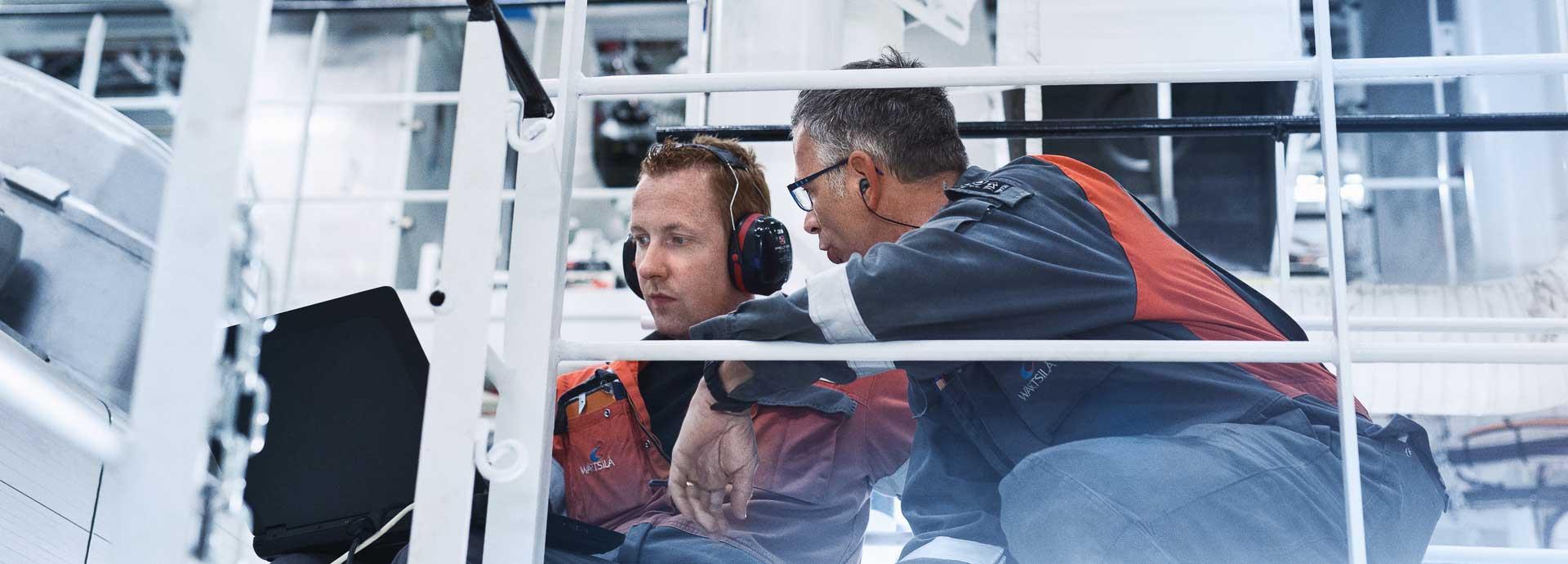

Seafarers have been among those most affected by the changes in the economic environment due to Covid-19, and the pandemic may contribute to greater shifts in the profession.
Seafarers remain a critical part of the maritime economy despite the growth of automation in the shipping industry. More than a million crew members are employed on commercial ships alone, performing tasks as varied as monitoring ship operations to repairing equipment to cleaning and catering services. These crew members have been among those most impacted by the novel coronavirus. As countries around the world closed their borders in March and April, many had no option but to stay onboard their vessels as ships were denied permission to dock or to let crew members come ashore.
“The whole travel situation became a humanitarian crisis,” says Richard Clayton, chief correspondent at Lloyd’s List, part of Informa Intelligence. “Some of these seafarers had been on several months already, they had their terms extended, and they still can’t get off.”
At the beginning of June, the International Labor Organization issued a note stating that as many as 200,000 seafarers have worked four months past the end of their scheduled tours because of travel restrictions.
With economic activity restarting, seafarers now face another challenge – how to stay safe in the limited space onboard ships.
“Any vessel that has people, any asset that has people onboard needs to take health into account,” says Vesa Marttinen, Director, Cruise and Ferry, Wärtsilä. “Health should be taken as an equally important factor in maritime operations as safety, security, and the environment.”
Changes at sea and onshore
Marttinen says improving the health of seafarers at sea will require some adjustments to onboard systems, particularly ventilation. Typically, air is recirculated through a vessel, but to address health concerns brought about by Covid-19, ventilation systems should be changed to bring in 100% fresh air.
According to Clayton, the real way to keep seafarers safe is to take a serious look at who needs to come onboard.
“Once you are at sea, everybody on that ship is safe. The difficulty comes when the ship comes into port and you get the pilot on board or you get visitors from the ship manager or the customs officers – any of them are potentially bringing the disease onto the ship,” Clayton says.
“Even before Covid-19, people on board often questioned the number of people who came on board at port because they distracted from the real work that had to be done loading and unloading cargo,” he says. “What Covid-19 has probably done is forced us to ask: ‘Do all these people need to come onboard? Could we do some of the work they have been doing via online platforms?’”
A changing industry
If the pandemic shifts some tasks online, it will only be an acceleration of a trend towards digitalisation that has been growing in the industry in recent years.
Today, systems at sea are monitored, and in some cases, controlled by onshore experts. Thanks to data transmitted from systems and equipment, technicians at Wärtsilä Expertise Centres can log into engine control rooms and analyse the performance of engines and other systems to improve efficiency and identify anomalies.
“Digitalisation is providing decision-critical data, and that data is helpful in running the ship in a much more efficient and sustainable way. That’s something we should approve of. The corollary of that is that we will have to upskill people both at sea and onshore,” Clayton says.
As technology advances to the point that will allow for autonomous ships, the role of the seafarer will change further. While the nature of these jobs is clearly different, they still require some of the same skills critical for success at sea.
“You need to have new skills, but you need to have the old skills. You need those seafaring skills in order to operate the ship, even remotely,” says Marttinen.
Clayton agrees that experience with technology is no substitute for time spent at sea.
“Many data scientists and technology people are missing the elements that make shipping different. Until you know what it takes to run a ship, you don’t understand how data can provide a solution,” he says.
“Who do we need to recruit for our shipping companies going forward? I think we need to recruit young people who are comfortable with data science, and rather than saying: ‘I want you to spend your entire life looking at figures,’ a good supervisor will send new recruits to do rotations on ships, so you get a very well-rounded young manager who is comfortable with the data, but who understands the ship.”
Did you like this? Subscribe to Insights updates!
Once every six weeks, you will get the top picks – the latest and the greatest pieces – from this Insights channel by email.
